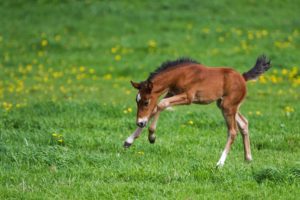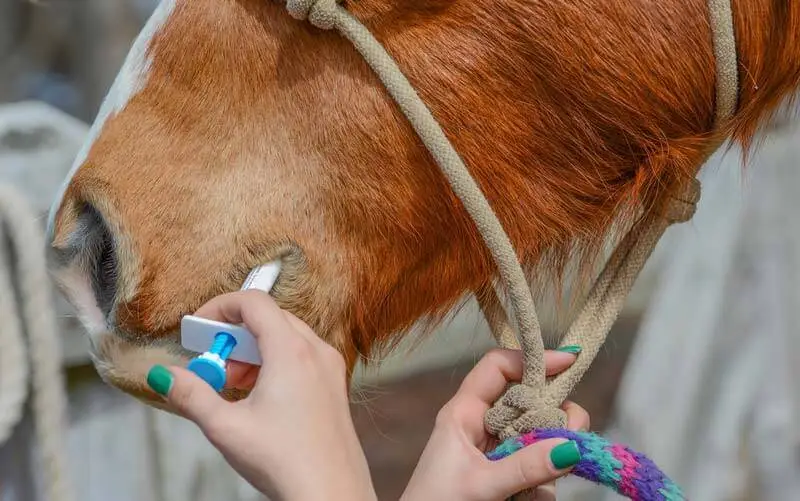What wormer is safe for foals?
Worming during the first year of life is paramount to protect the health of young horses, particularly foals. Every foal should receive at least four worming treatments by 12 months of age, with the first targeting Parascaris equorum – the roundworm.
The First Worming
Foals and weanlings are highly susceptible to intestinal parasites, and require the support of an effective and targeted worming program.
The roundworm is the most dangerous to young horses, inhibiting healthy growth and potentially causing respiratory problems, colic and even death. As such, it’s recommended that every foal receives a benzimidazole-based wormer at 6-8 weeks.
However, a word of caution – if large roundworms are present on your property, worming may need to commence from as early as 7 days of age.
The Second Worming
It’s imperative that you prevent the development of anthelmintic resistance by minimising the different types of wormers you use before your foal reaches six months of age.
Eight to 12 weeks following your foal’s first worming, you should consider one to two evenly spaced worming treatments prior to weaning. Most often, the second worming will continue to target roundworms with a benzimidazole-based wormer.
The Third Worming
When your foal is ready to be weaned, your veterinarian should perform a faecal egg count to determine the longer-term treatment plan.
By 12-15 months of age, your young horse should have received at least four worming treatments and have a strong immunity to roundworms.
If roundworms aren’t found to be a problem with a faecal egg count, their worming regime will begin to target cyathostomins.




